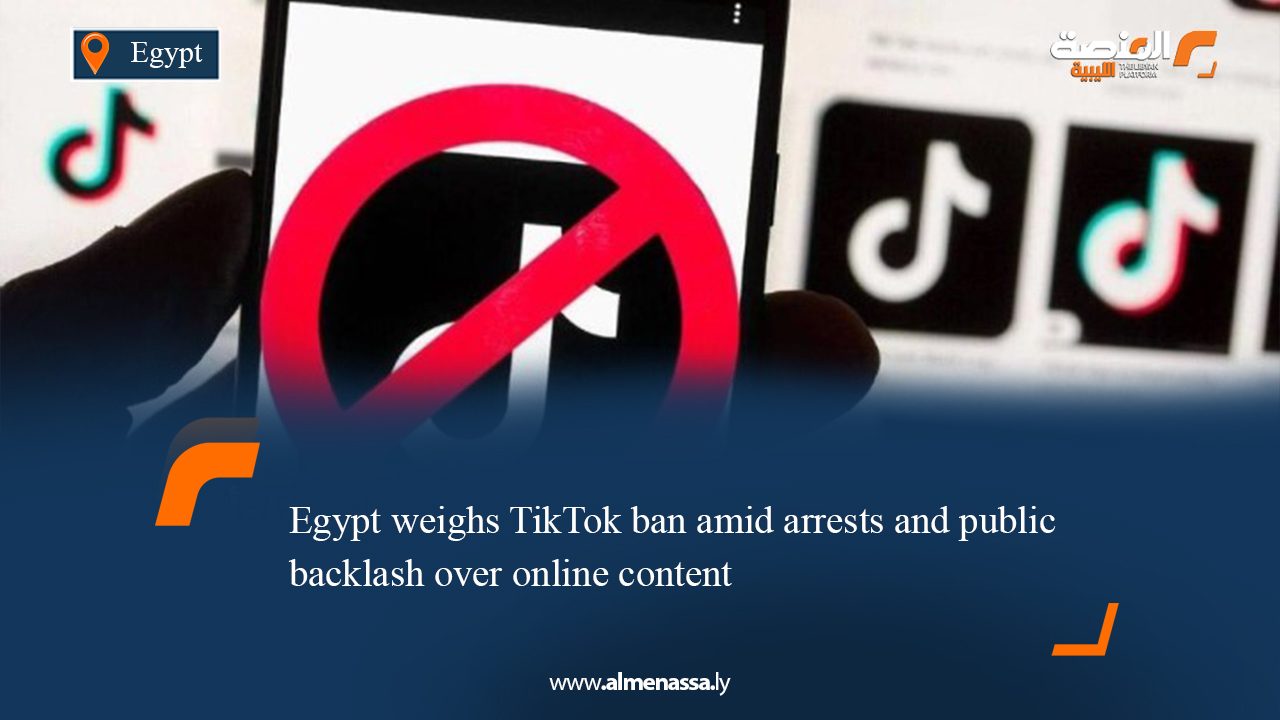Egyptian authorities have launched a sweeping crackdown on TikTok influencers, arresting several high-profile content creators and raising the possibility of a nationwide ban on the platform.
The Ministry of Interior announced the arrests on charges of “violating public decency” and “promoting immoral content.” While Egypt has previously detained social media figures over various allegations, observers say the current campaign is the most aggressive to date, triggering renewed calls to block the app entirely.
Local media reported that the crackdown followed complaints filed with the Public Prosecution by lawyers and citizens, citing videos that allegedly promote indecency, nudity, and even more serious accusations such as illicit profit-making, money laundering, and organ trafficking.
The controversy has sparked widespread debate, especially given the visibility of TikTok influencers not only online but also on television and in entertainment circles. Many hail from modest backgrounds, prompting scrutiny over the sources of their sudden wealth.
MP Ahmed Badawy, former head of the parliamentary communications committee, revealed that lawmakers recently met with government officials and the National Telecommunications Regulatory Authority, along with TikTok’s regional representative. He said the platform was given a three-month deadline to improve its content or face a full ban.
One month into that grace period, Badawy stressed the need for stricter account registration rules and real-time monitoring of offensive material. Supporters of the crackdown argue it aims to “protect Egyptian values,” a phrase frequently invoked by security agencies in similar cases.
Egypt’s Cybercrime Law, signed by President Abdel Fattah El-Sisi in August 2018, grants authorities broad powers to prosecute individuals who violate “family values and societal norms,” according to the Tahrir Institute for Middle East Policy.
However, MP Diaa El-Din Dawoud warned that banning platforms is not a sustainable solution and could harm Egypt’s economy and digital connectivity. He argued that the recent arrests targeted individuals producing harmful content, not legitimate creators, and called for the establishment of a regulatory body to oversee social media platforms. Dawoud also cautioned that shutting down apps could invite criticism over freedom of expression and lead users to seek alternative platforms beyond government control.
The episode highlights the growing global dilemma over how to regulate TikTok, as governments grapple with balancing cultural standards, digital freedoms, and platform accountability.


